Think of BJP-Muslim relations, and the only narrative that immediately pops up in your head is of mutual prejudice and loathing. A stark black-and-white perception of a relationship that in reality is a lot more complex.
Partly this black-and-white picture is also down to the fact that the two sides themselves often give the impression of being permanently estranged cousins while quietly trying to engage with each other behind the scenes – perhaps for fear of upsetting their respective hardliners. Take the case of Uttar Pradesh – widely seen to be heavily polarised along communal lines with no love seemingly lost between Muslims and Chief Minister Yogi Adityanath. But look at this: “BJP’s Muslim outreach in UP civic elections gets favourable return.”
The BJP fielded Muslim candidates in as many as 395 seats, including five for Nagar Palika Parishad (NPP) chairmen, 32 Nagar Panchayat (NP) chairmen, 80 corporators and 278 members for NPPs and NPs. Sixty-one of them won their seats, according to official data, accounting for 15 per cent of all Muslim candidates who contested on BJP ticket.
On the face of it, this might not seem like a big number but is in fact a pretty good start considering that it is still early days in the party’s Muslim outreach. It also punctures the assiduously cultivated narrative that like East and the West Muslims and BJP are so poles apart that the twain shall never meet.
The head of BJP minority morcha Basit Ali says the party would continue to make serious efforts to reach out to the Muslim community.
“The community is gradually showing its support for the BJP,” he said having benefited from the various welfare schemes initiated by the central and state governments.
Quick Reads
View AllRecently, a friend asked me if I had “noticed something” in relation to the BJP and Muslims, before I could ask “what?” he said he had been struck by the increasing visibility of Muslim faces in the BJP, especially on its senior media team. And he was right.
I can think of at least three high-profile Muslim figures – Syed Zafar Islam, Shehzad Poonawala and Shazia Ilmi – who regularly do rounds of TV studios to present BJP’s viewpoint or defend its sometimes controversial actions including those affecting Muslims.
And here is the thing: Poonawala defected from the “secular” Congress to the BJP, and Shazia Ilmi from AAP – another self-styled bastion of secularism. But really curious is the case of Syed Zafar Islam. He belongs to a conservative family from Bihar with links to Jamaat-e-Islami and a long association with the Congress. A sort of background where Hindu girls are required to convert to Islam if they wish to marry a Muslim.
Add to them old BJP veterans like Mukhtar Abbas Naqvi and Syed Shahnawaz Hussain who turn up on important occasions to take on “secularists” and Muslim “appeasers”.
Isn’t it ironical that the BJP has more Muslim spokespersons than the secular Congress or AAP – or indeed other supposedly Muslim-friendly groups?So, what’s going on?
Urdu daily, Siasat, ran a long article headed, “Where have Congress Muslim spokespersons disappeared?” accusing the party of “ignoring and “sidelining” Muslims.
“In a party that once used to have a young Muslim like Maulana Azad as its president, Muslim politicians have been pushed to the margins. Is it not surprising that during the last five years not even a single Muslim spokesman has been asked to address a press “conference held at the headoffice of All India Congress Committee (AICC),” it said alleging that the party’s media office was promoting “communal thinking”.
The truth is that Muslims feel a deep sense of “betrayal” by the Congress – a party they had invested in so much. There is a sense of having been “used and then chewed out”, to quote a disillusioned Delhi-based former Muslim Congress activist. It is this
sentiment that is fuelling the Muslims drift towards the BJP, a party they once regarded as “untouchable”. They complain that parties like AAP and Samajwadi Party haven’t been much help either in their moment of crisis.
Has anyone noticed the dramatic resurgence of BJP’s once sleepy minority cells. They are reported to be buzzing with activity with its leaders in the news almost everyday promoting the party’s Muslim “outreach” initiatives. Recently, they organised a series of events in Muslim areas across the country to publicise the 100th episode of Prime Minister Narendra Modi’s Mann Ki Baat broadcast.
In the National Capital, Delhi BJP Minority Morcha organised a well-attended special screening of the 100th episode at a popular Muslim-owned hotel in the Jama Masjid area. Its owner, M Akhtar Qureshi, himself a member of BJP’s minority cell, described himself as “a fan of the PM”.
“PM Modi’s work is appreciated by many in the community. However, the party needs to restrict hurtful comments by some if its leaders,” he said.
BJP’s Kausar Jahan, chief of the Delhi State Haj Committee hailed it as a big success claiming that it dispelled the notion that BJP was anti-Muslim. It reflects a new Muslim pragmatism as the community recognises that the BJP is here to stay and there is no point in living in a permanent state of confrontation with it. There’s also a quiet acknowledgement that sections of the community –especially women and backward Muslims –have benefitted from some of Prime Minister Narendra Modi’s welfare schemes.
Several high-profile Muslims have developed links with the BJP including the Jamia Millia Islamia vice-chancellor, Professor Najma Akhtar, and former AMU VC Prof Tariq Mansoor. He has just been nominated by the Uttar Pradesh government to the State Legislative Council making him fourth Muslim MLC in the 100-member House.
Meanwhile, the party has launched a campaign to woo Pasmanda (socio-economically weaker) Muslims. It has identified 60 Lok Sabha constituencies with substantial Muslim population across 10 states.
In Delhi, it is in the midst of a drive to “save” Delhi’s Haj House from what it termed as “anti-Muslim” and “predatory” AAP after the Delhi government ordered the Haj Committee to vacate the premises for unpaid rent. BJP’s Leader of Opposition in the Delhi Assembly Ramvir Singh Bidhuri threatened to “lock up” the government residence of Delhi chief minister Arvind Kejriwal if his government didn’t revoke the eviction order.
“If the Haj House is lost, then the government residence of the Delhi chief minister will also be locked,” he said joining a citywide protest with representatives of Muslim community.
The move took many Muslims by surprise because, historically, the BJP hasn’t cared much for Haj pilgrims and was in the forefront of the campaign for abolition of Haj subsidy. Some have called it simply an attempt to embarrass AAP. Whatever the reason the move is significant in the context of its “outreach” programme. Clearly, these are interesting times for BJP-Muslim relations, and it would be interesting to see how it pans out.
The writer is an independent columnist and the author of Unmasking Indian Secularism: Why We Need A New Hindu-Muslim Deal. Views are personal.
Read all the Latest News, Trending News, Cricket News, Bollywood News,
India News and Entertainment News here. Follow us on
Facebook,
Twitter and
Instagram.


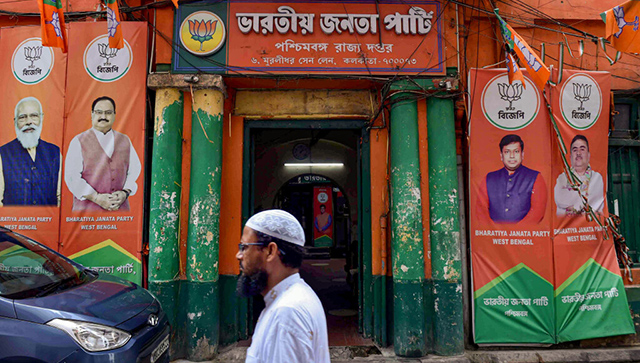)
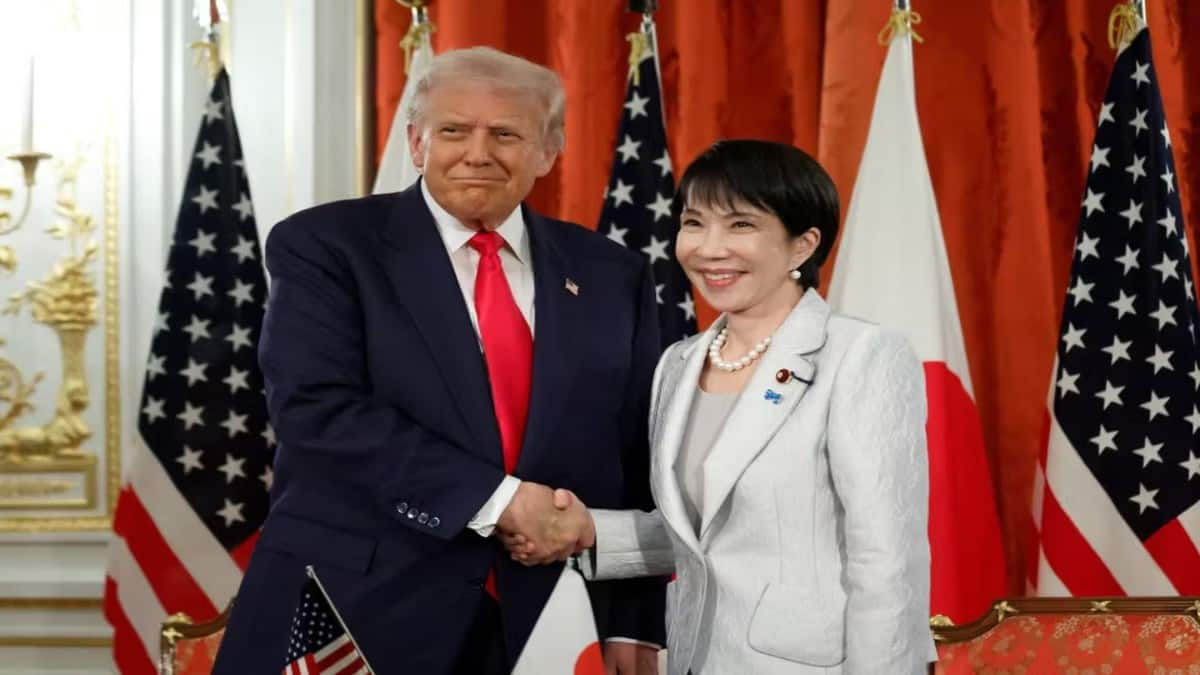
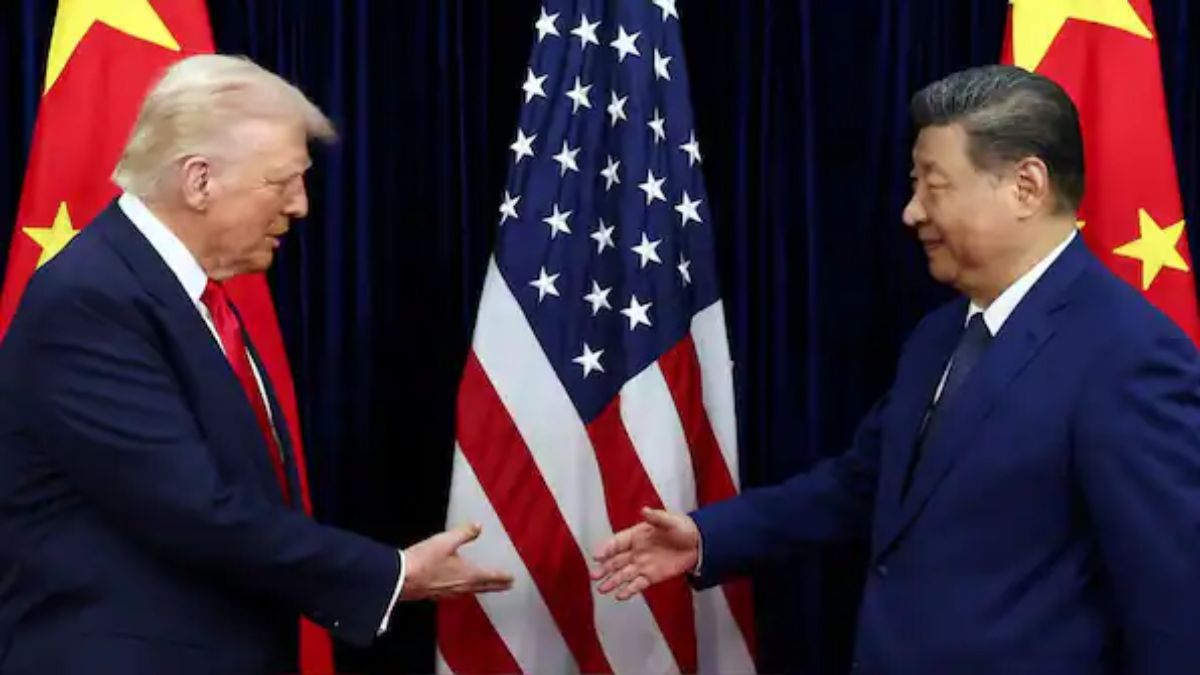)
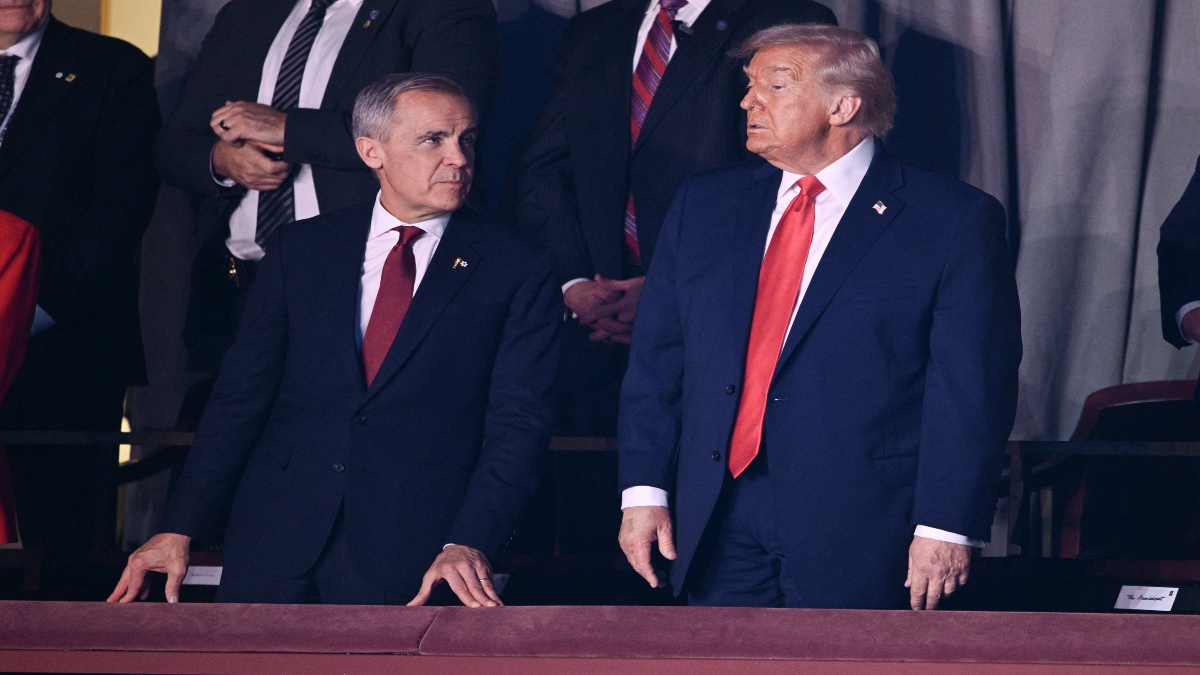)
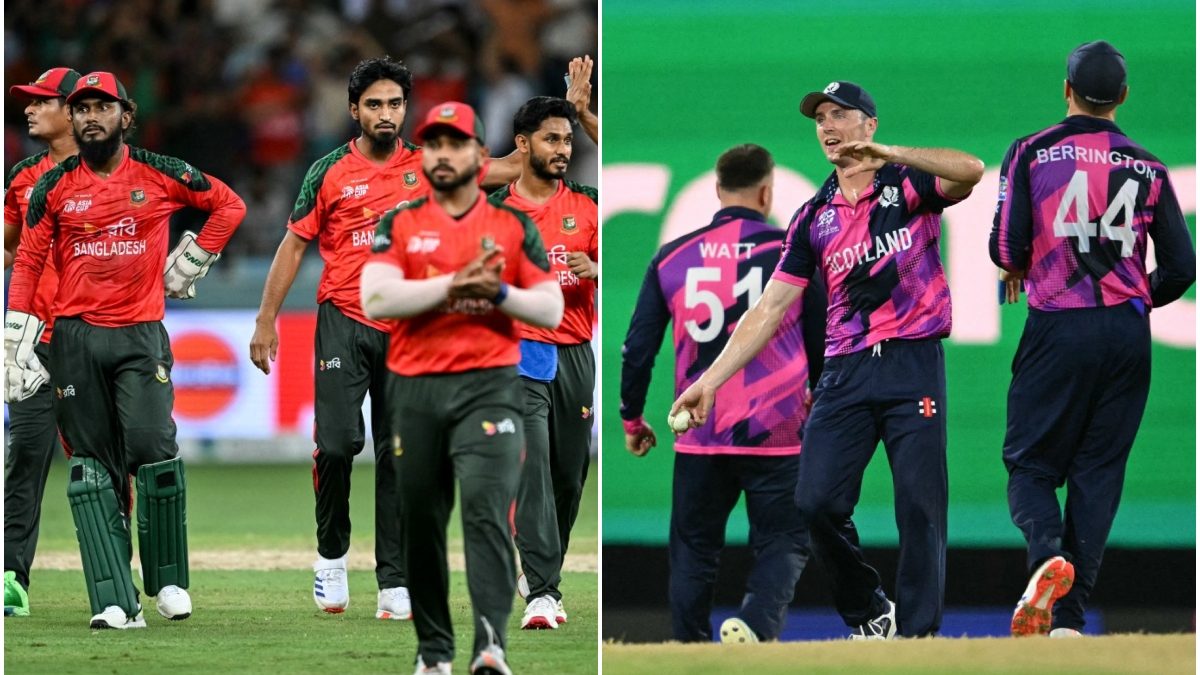)
)
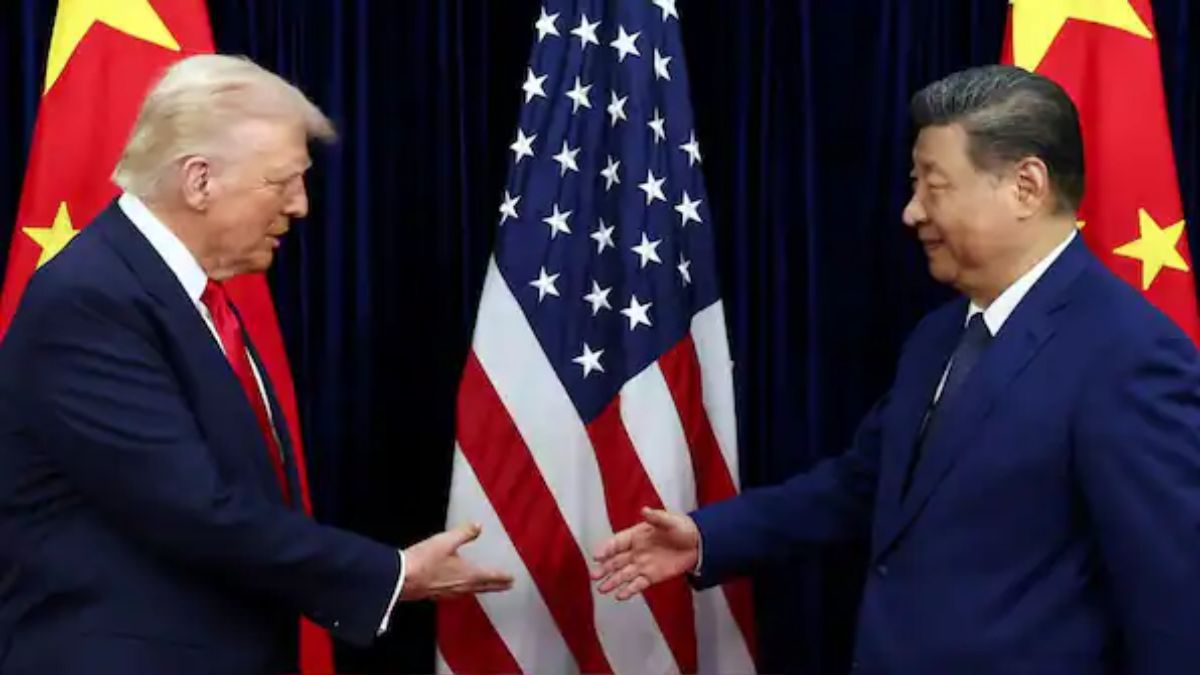)
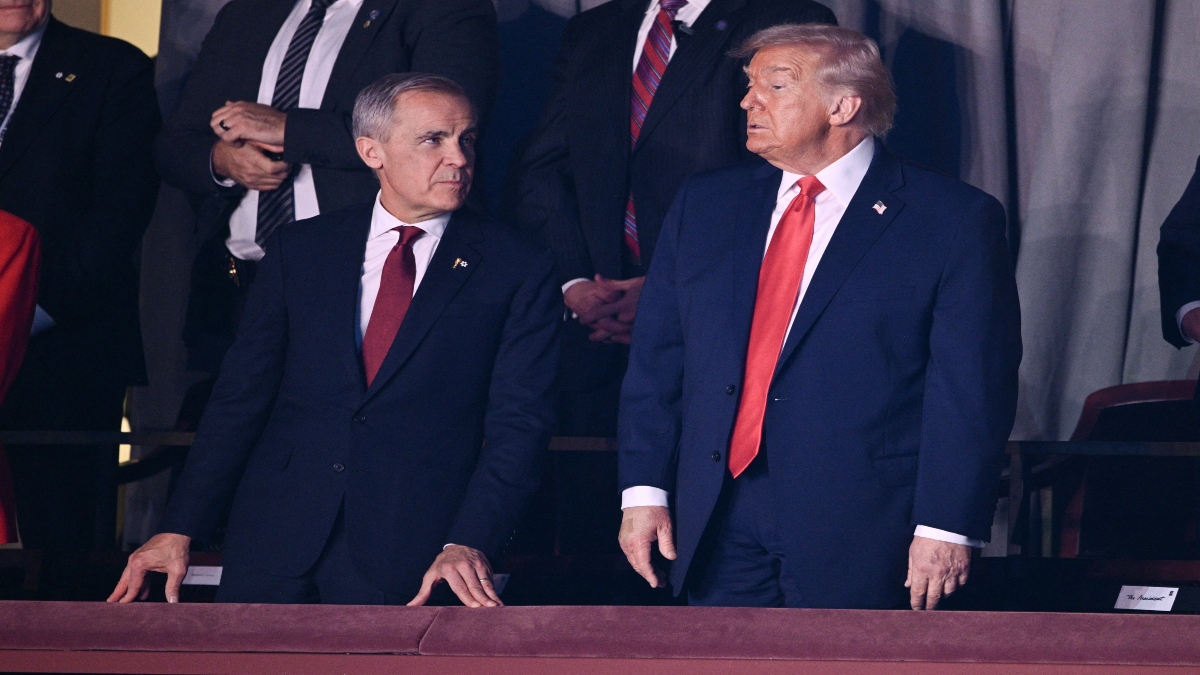)
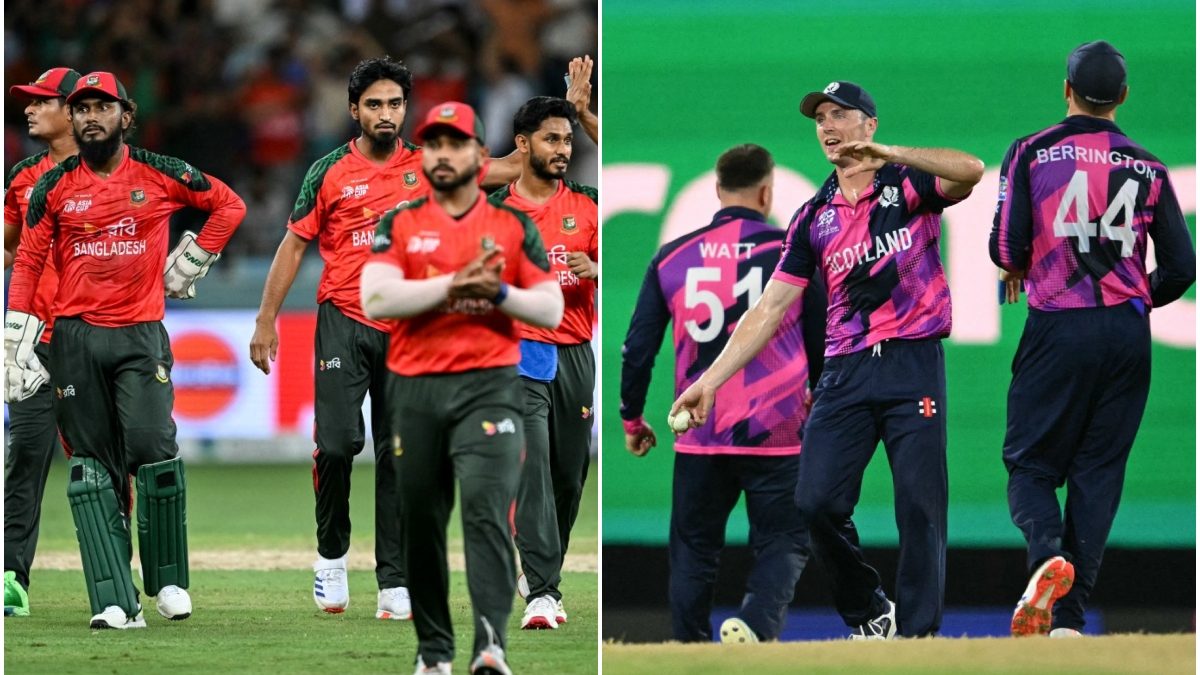)
)



